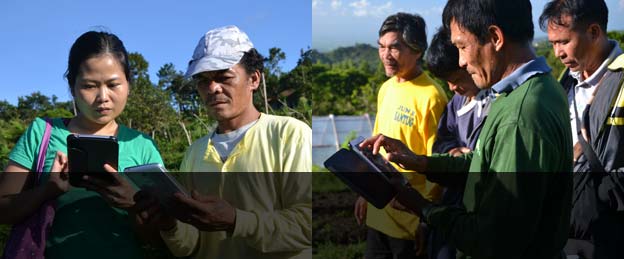Full issue 6
The importance of building ecologically sound economies (greening) in order to address climate change and other pressing environmental issues is widely acknowledged by governments around the world. A notable example is the recently held 2015 United Nations Climate Change Conference in Paris/France where 195 countries adopted the first universal climate change agreement. Although the outcome of the conference, the Paris Agreement, requires ratification by national governments, it demonstrates the strong will of the attending nations to address the pressing issue of climate change, to adopt the outcomes to their own legal systems and to sign the agreement.



